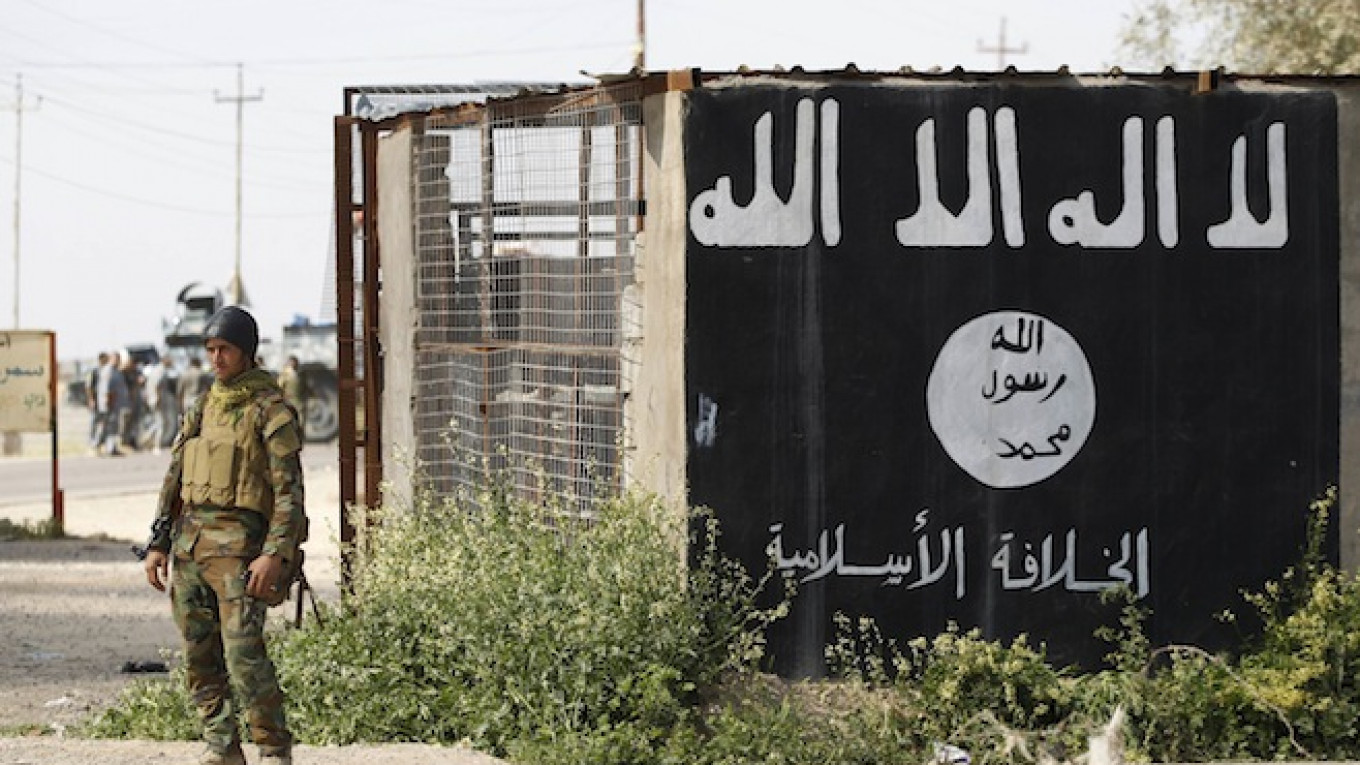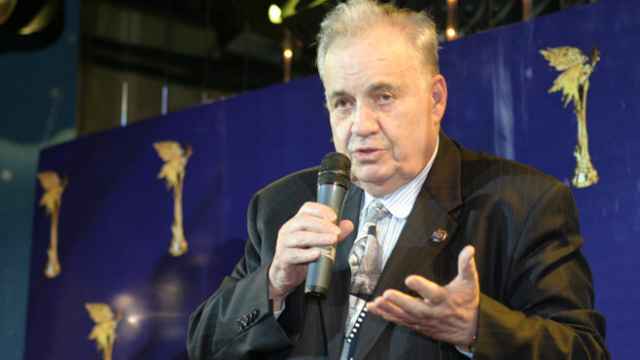ДАИ́Ш (ДАЕ́Ш): Daesh
In Russia, there are Good Organizations and Bad Organizations. Of course, that's true of every country on earth, but recently the words used to describe some Bad Organizations are changing in Russia, perhaps to the confusion of readers, viewers and listeners.
Some things, however, are not confusing. Russian law has certain requirements with regard to Bad Organizations. The law on mass media has a long passage with about 14 clauses all about the legal requirements when referring to Bad Organizations. These are organizations that have been closed or forbidden to operate by decision of the Ministry of Justice. The trick is that when you mention them in the media, you must also note that общественное объединение или иная организация ликвидированы или их деятельность запрещена (this non-governmental movement or other organization has been closed or their activities are banned).
And that's why every time a newspaper mentions, say, Правый Сектор (Right Sector) — as I have just now — it is required to clarify: организация запрещена в России (an organization banned in Russia). The only exception to this rule is: если запрещённые организации упомянуты в "явно негативном контексте" (if the banned organization is mentioned in a "clearly negative context"). Then you don't have to add the clarifying phrase. But, of course, perceptions might vary on that clearly negative context, so let's just say again that it's an organization banned in Russia.
So that's one aspect of things: legally mandating language to make sure citizens know the state's attitude toward some organizations.
But then there's the switch from ИГИЛ (what is usually called ISIS in English) to ДАИШ (sometimes written ДАЕШ, what is usually called Daesh in English) — which, whatever you call it, is banned in Russia as a terrorist organization.
The term ДАИШ — to refer to an organization banned in Russia — suddenly appeared in the Russian mass media at the end of November, when state media journalists, editors and producers got a memo from their bosses to use it. We don't know if their bosses got a memo, too. In any case, the switch was a state recommendation.
But it turns out that it is strongly supported by the Muslim clergy of Russia. Although it is an abbreviation what is usually called ISIS— an organization banned in Russia — one scholar explains: Этот термин звучит унизительно, так как он созвучен арабскому слову, которое можно перевести как "тот, кто сеет раздор/разрушение" (This term sound insulting, since it is similar to an Arabic word that could be translated as "the one who sows conflict/destruction.")
Russian imams even suggested deciphering ИГИЛ — организация, запрещённая в России (an organization banned in Russia), — as иблисское государство (Satanic state) instead of исламское государство (Islamic state) since the organization, they say, не имеет отношения ни к исламу, ни к государству (has nothing in common with either Islam or statehood). What's more: В отличие от ИГ или ИГИЛ, аббревиатура ДАИШ не придает бандитам даже оттенка, намека на какую-то легитимность (Unlike IS or ISIS, the abbreviation Daesh doesn't give these gangsters so much as a whiff or a hint of any kind of legitimacy.) And no matter what it's called, it's banned in Russia as a terrorist organization.
Not every mass media organization operating in Russia has changed their usage, mostly, as one news outlet wrote, because запутывать читателей не хочется (we don't want to confuse our readers).
But just so there is no confusion: these organizations are banned in Russia.
Michele A. Berdy, a Moscow-based translator and interpreter, is author of "The Russian Word's Worth" (Glas), a collection of her columns.
A Message from The Moscow Times:
Dear readers,
We are facing unprecedented challenges. Russia's Prosecutor General's Office has designated The Moscow Times as an "undesirable" organization, criminalizing our work and putting our staff at risk of prosecution. This follows our earlier unjust labeling as a "foreign agent."
These actions are direct attempts to silence independent journalism in Russia. The authorities claim our work "discredits the decisions of the Russian leadership." We see things differently: we strive to provide accurate, unbiased reporting on Russia.
We, the journalists of The Moscow Times, refuse to be silenced. But to continue our work, we need your help.
Your support, no matter how small, makes a world of difference. If you can, please support us monthly starting from just $2. It's quick to set up, and every contribution makes a significant impact.
By supporting The Moscow Times, you're defending open, independent journalism in the face of repression. Thank you for standing with us.
Remind me later.








